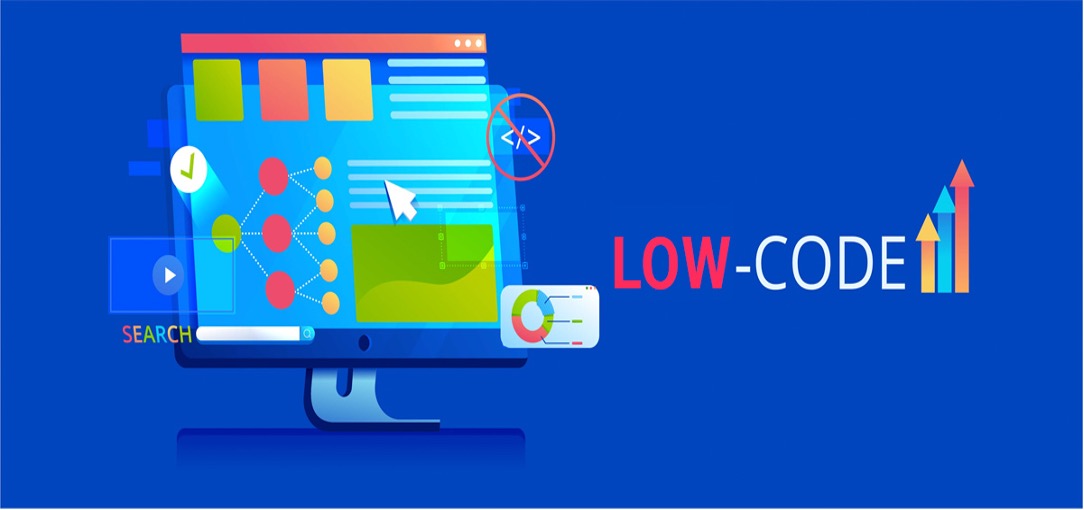
Increasingly, companies are looking for ways to build applications that are both agile and scalable. The world of technology is ever-changing, and the demand for rapid and efficient application development has never been greater. It’s a game-changing approach to application development that is revolutionizing how enterprise software is developed and modernized with Low code platform for application development.
The Value of Low-Code in Enterprise Software Development
Ai Low Code application development simplifies the design and deployment of enterprise software applications. These platforms drastically reduce the time it takes to develop a new application by allowing users to utilize pre-built templates and drag-and-drop tools. Instead of relying solely on traditional development methods requiring extensive coding, organizations are able to respond quickly to changing business needs.
The shift toward low-code platforms is driven by several key factors:
- Reduced Time to Market: Low-code platforms cut development time, allowing enterprises to respond faster to customer needs.
- Improved Collaboration: These platforms bring IT and business teams together, bridging the gap between technical development and business strategy.
- Cost Savings: By reducing the amount of manual coding required, businesses can save on development costs while still delivering high-quality applications.
Legacy Application Modernization with Low-Code
As businesses grow, their legacy systems often become a hindrance, slowing down operations and limiting scalability. Modernizing these systems manually can be daunting, which is why many companies are turning to legacy application modernization with low-code platforms.
With low-code platforms, legacy applications can be updated and enhanced quickly, integrating them with modern technologies and minimizing downtime. These platforms allow businesses to seamlessly switch from outdated systems to modern, efficient software without incurring high costs associated with a complete overhaul.
The benefits of low-code for legacy application modernization include:
- Minimal Disruption: Low-code platforms enable incremental updates, allowing businesses to modernize parts of their system without disrupting the entire operation.
- Scalability: Legacy systems can be extended with new functionalities, ensuring they remain relevant as business needs evolve.
- Increased ROI: Rather than replacing legacy systems, modernizing them with low-code platforms can extend their lifespan, maximizing return on investment.
The Future of Low-Code in Enterprise Development
As more enterprises recognize the potential of low-code platforms for application development, their adoption is likely to increase. These platforms offer a scalable, cost-effective solution for developing modern applications and updating legacy systems. For businesses looking to stay competitive in today’s market, embracing low-code platforms could be the key to success.




